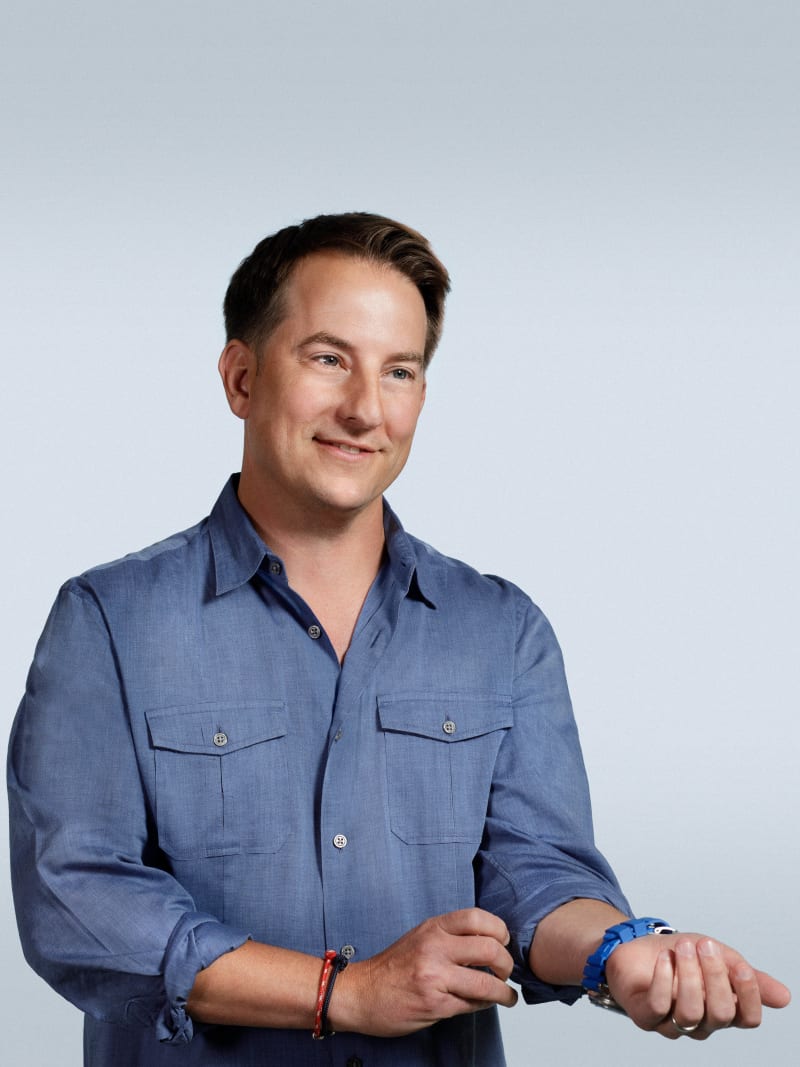A new life-saving robotic system takes inspiration from arcade games
A new life-saving robotic system takes inspiration from arcade games
As you place the controller in your hands, your heart starts to race faster. Your eyes are glued to the screen as you advance quickly through the dark passageway. You pause, glancing at the map, then navigate through several tight turns. Jackpot! There it is — you’ve arrived at what you’ve been looking to take out.
No, this is not the latest Call of Duty first-person shooter game. This is Monarch: the extraordinarily ambitious new flexible robotics platform dreamed up by technology pioneer and da Vinci creator Fred Moll, MD.
Today, after raising more than half a billion dollars in equity capital from leading technology investors and operating in stealth for the past six years, Auris Health is unveiling Monarch Platform: an FDA-approved device that has the potential to transform endoscopy — the use of small cameras and tools to enter the body non-invasively.

Monarch’s first target: Lung cancer, the leading cause of cancer death worldwide.
There are 1 billion smokers worldwide, creating an epidemic of 6 million deaths per year. More patients die every year from lung cancer than from prostate, breast and colon cancer combined.
More than 90% of people diagnosed with lung cancer do not survive. It is often not discovered until the cancer is too advanced to defeat. The diagnostic options currently available all have limitations in cost, accuracy, safety, and/or invasiveness. With Monarch, physicians will be able to access small and hard-to-reach nodules in the periphery of the lung without external incisions. This results in a more accurate diagnosis, as well as more targeted treatment. In addition to saving millions of lives, the market opportunity for Auris numbers well into the billions of dollars.
My firm, Lux Capital, committed to Fred’s vision for a new modular, flexible robotic platform six years ago when we invested in Auris’ Series A. We knew such an ambitious aim would require Fred and his team to journey through the wilderness for some time before emerging with a finished product and market-ready application. Given Fred’s previous accomplishments, we were comfortable with the expected level of risk and felt confident his team would deliver. As Auris got closer to its goal, the company was able to raise more capital — over $500 million in total — from experienced technology investors such as Mithril Capital Management, Coatue Management, and Highland Capital.
To understand the excitement around Auris, it’s important to understand how Fred has already transformed interventional medicine. He is best known for founding Intuitive Surgical (market cap today: $49B), whose da Vinci system brought minimally invasive surgery to more than 3 million patients worldwide. During his surgical residency, Fred invented the safety trocar, making general laparoscopic surgery possible. He also co-founded Origin Medsystems (acquired by Guidant) and was a board member of MAKO Surgical (acquired by Stryker for $1.65B).
Monarch Platform includes an array of impressive new technologies that recall multiple memorable moments in science fiction films: an instinctive video game controller-like interface; an innovative telescoping endoscope that allows for greater reach, vision and control; real-time video and navigational capabilities combined into one integrated platform; and a user-centric design for mobility within the OR and the ability to upgrade for future clinical applications.

In established industries, it is often an outsider that shows the establishment a new way of solving an old problem. Google X, for example, brought a fresh perspective and ambitious technological solution to automotive: self-driving cars — an innovation that previously evaded giants such as Chrysler, GM and Ford. Likewise, Auris is leading the way in surgical technology by taking advantage of the latest advancements in robotics, software, data science and endoscope innovation. To get there, Auris enlisted not only medical device veterans, but also inventive, problem-solving engineers from technology powerhouses such as Tesla and Apple.
Auris’ goal? To dramatically improve patient outcomes and lower the cost of healthcare.
Today’s announcement is just the start.
